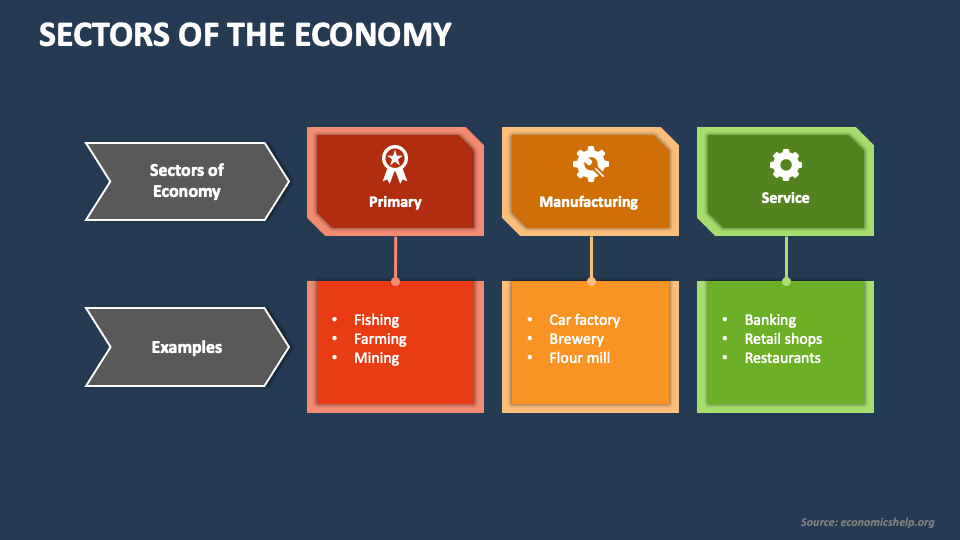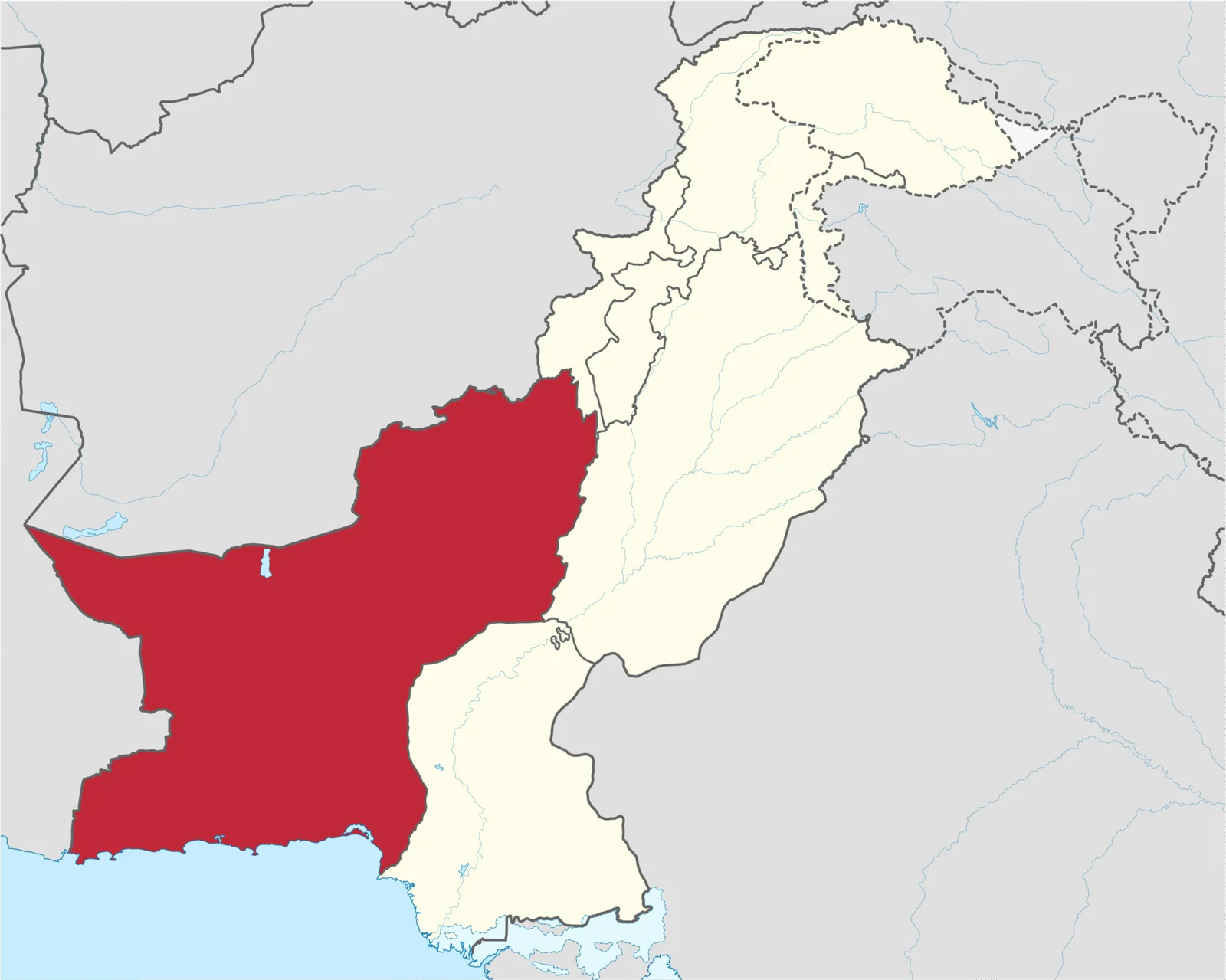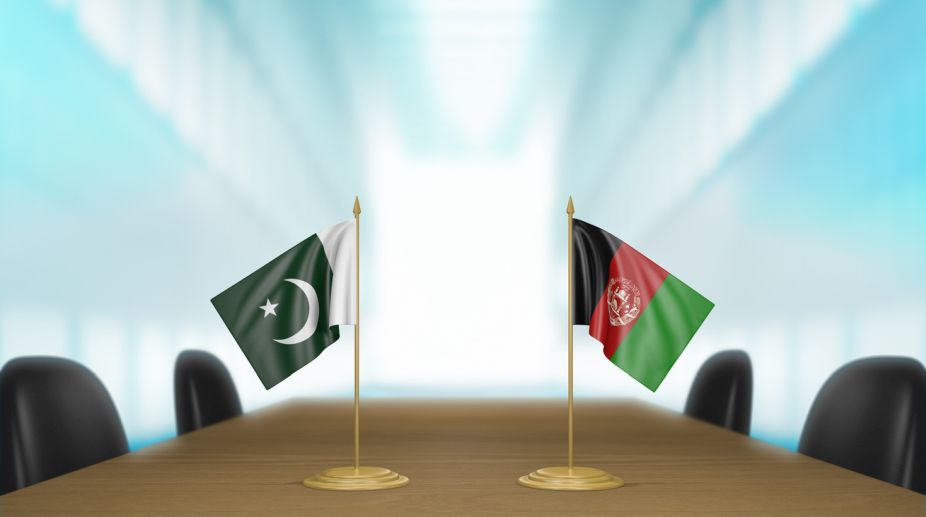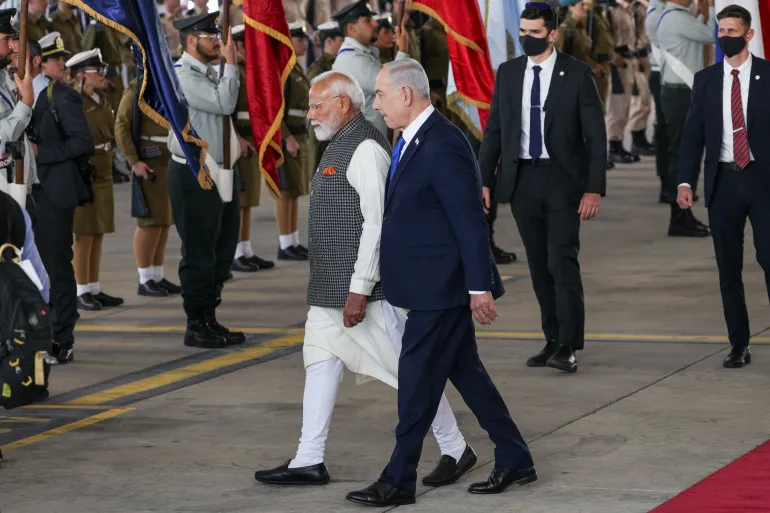Editorial
Pakistan’s economic trajectory took a dramatic turn when it bid farewell to the International Monetary Fund (IMF) in August 2016, marking the successful completion of its Extended Fund Facility (EFF) program. However, the subsequent years were marred by political instability, protests, and judicial activism, leading to a dire economic scenario.
Faced with economic challenges, the new government sought assistance from the IMF in 2018 but encountered stringent conditions and reluctance from the lender. Despite securing the IMF program, the government struggled to implement reforms, leading to harsh IMF conditions and policy reversals.
Following a no-confidence motion against the Prime Minister in April 2022, Pakistan witnessed a series of economic measures, including tax increases and energy price hikes, with limited impact on fiscal stability. The subsequent appointment of a new Finance Minister saw a continuation of tax-centric policies, further complicating the economic landscape.
The return of a former Finance Minister failed to stabilize the economy, with significant currency devaluation and the failure to secure IMF assistance. Subsequent efforts to secure a Standby Arrangement faced stringent IMF conditions, impacting the country’s economic growth.
Concurrently, IMF’s stringent conditions, delayed disbursements, and additional requirements have exacerbated inflation and increased business costs, impacting small enterprises and the general populace.
Pl subscribe to the channel of republicpolicy.com
Amid ongoing negotiations with IMF and other countries for debt rescheduling, Pakistan is grappling with the challenging economic landscape. The political and economic leadership’s age and health issues add another layer of complexity, raising concerns about their genuine commitment to the country’s future.
Pakistan must prioritize governance improvements, fiscal balance, and accountability to break free from IMF dependency and foster sustainable economic growth. Embracing modern approaches such as digitalization, fostering a fintech ecosystem, and integrating innovative technologies is crucial for achieving long-term financial stability.
The Road Ahead: Embracing Structural Reforms for Sustainable Growth
Pakistan’s critical economic journey is marked by enduring challenges, policy inconsistencies, and external dependencies. As the country navigates this complex landscape, the need for robust structural reforms and modernization has never been more imperative.
Pakistan must prioritize a holistic approach to governance, revenue collection, and economic revitalization to transcend the cycles of IMF dependency and policy reversals. This entails fostering an environment conducive to innovation, digitalization, and financial inclusion while overhauling key institutions to promote accountability and fiscal stability.
By embracing these transformative strategies, Pakistan can chart a sustainable path to economic growth and financial resilience, steer clear of external dependencies, and pave the way for a prosperous future.
















